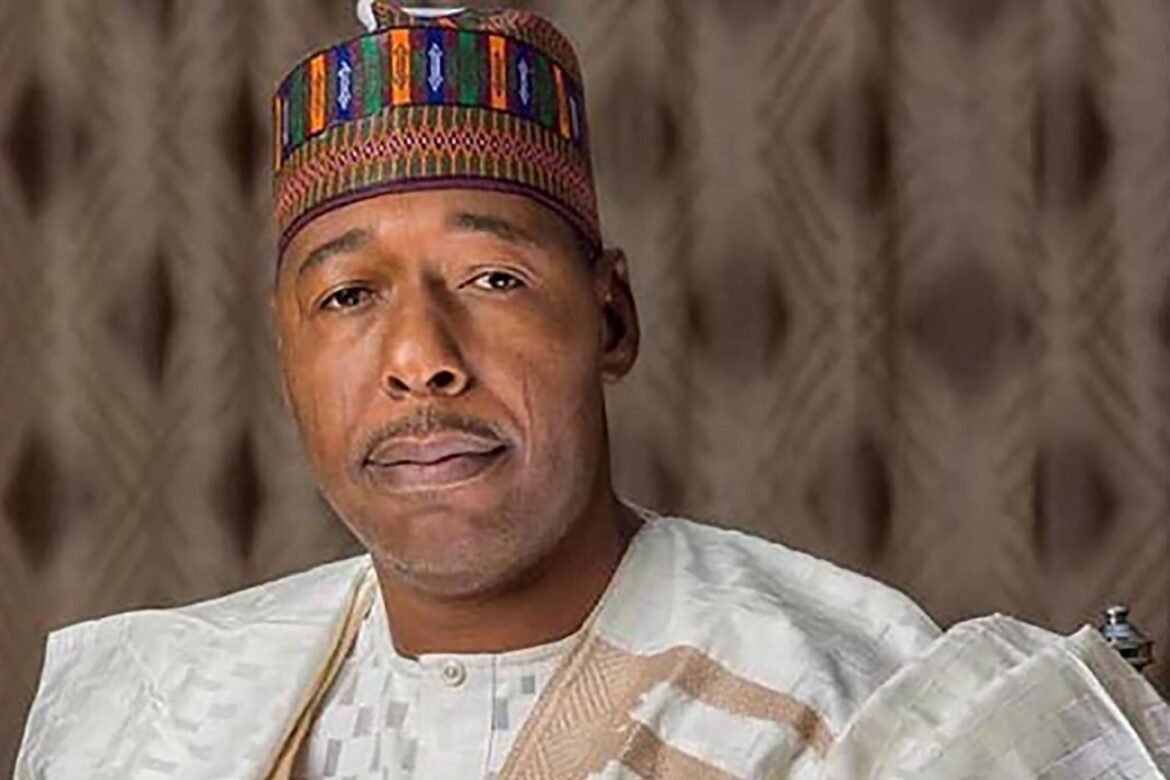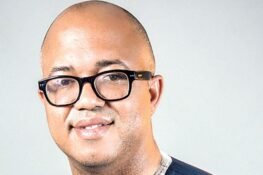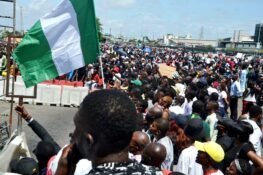Governor Babagana Umara Zulum on Sunday said that President Muhammadu Buhari needed to know that there was sabotage in the system frustrating the war against insurgency in Borno State.
Zulum, whose convoy was attacked by the Boko Haram insurgents last week Wednesday, made this statement when he received the Governors under the platform of APC led by its Chairman and the Governor of Kebbi State, Atiku Abubakar Bagudu, who were on a solidarity visit to Borno State.
The Governor of Jigawa State, Muhammadu Badaru Abubakar, the state deputy Governor, Umar Usman Kadafur, Former Governor Kashim Shettima, Senator Muhammad Ali Ndume and few members of the state executive council also attended the meeting on Sunday.
READ ALSO: Gunmen Attack Borno Governor’s Convoy
Speaking at the meeting, Zulum told visiting governors that there was sabotage in the system, and that President Buhari should examine the current security situation in the region.
“Let me also re-echo my previous position with respect to the insurgency in Borno State, I have said several times there is no doubt, the gravity of the insurgency cannot be compared with what has happened between 2011 – 2015 and from 2015 to date. The President has done well, but the most important thing is, it’s good also to say the right thing. There is a sabotage in the system that will not allow the insurgency to end. The President has to know this important point.
“When he came to Maiduguri two months ago, I said so because between 2011 to 2015, at a time, almost about 22 LGAs were under the insurgents. Out of the four main roads that lead to Maiduguri. Only one was functional. There are changes, the line of demarcation is very distinct and cannot be crossed.
“But Notwithstanding, there is one very important portion that we need to address, why is the insurgency not ending? I repeat, there is a sabotage in the system, therefore, the President need to exermine the current security situation in the region with a view to resolving it in a sustainable manner,” Zulum said.
READ ALSO: Boko Haram Executes Five Humanitarian Workers
He added that he could not afford to be silent in the midst of killings because he has, by the oath he took on May 29, 2019, enter covenant with God to defend the people of Borno State.
“Our people need to be provided safe access to farmlands so they can earn livelihoods. The military needs to ensure this happens and I will continue to raise this. I remain resolute, firm, and committed, only God can give power. I am not after second term, if God allow me to complete this tenure Alhamdulillah.
“But for me as a Governor to keep quiet while 6 million population of Borno State to die, to perish will never be good for me. It is a covenant between me and Almighty God that I should be truthful to my people”, Zulum said.
READ ALSO: Boko Haram kills 69 In Fresh Borno Attacks
The Progressive Governors Forum Chairman and the Governor of Kebbi State, Atiku Abubakar Bagudu, assured Governor Zulum of their support and solidarity.
“We are in Borno today, on behalf of all our colleagues to wish our brother and colleague, Governor Babagana Umara Zulum happy Sallah. And secondly, to show sympathy and express our commiseration on the incident that happened in Baga few days ago. May God continue to protect you and indeed all the people of Borno State, and may God help us defeat these enemies within and outside, who for over a decade now have challenged our resolve, but they wouldn’t break us”, Bagudu said.








